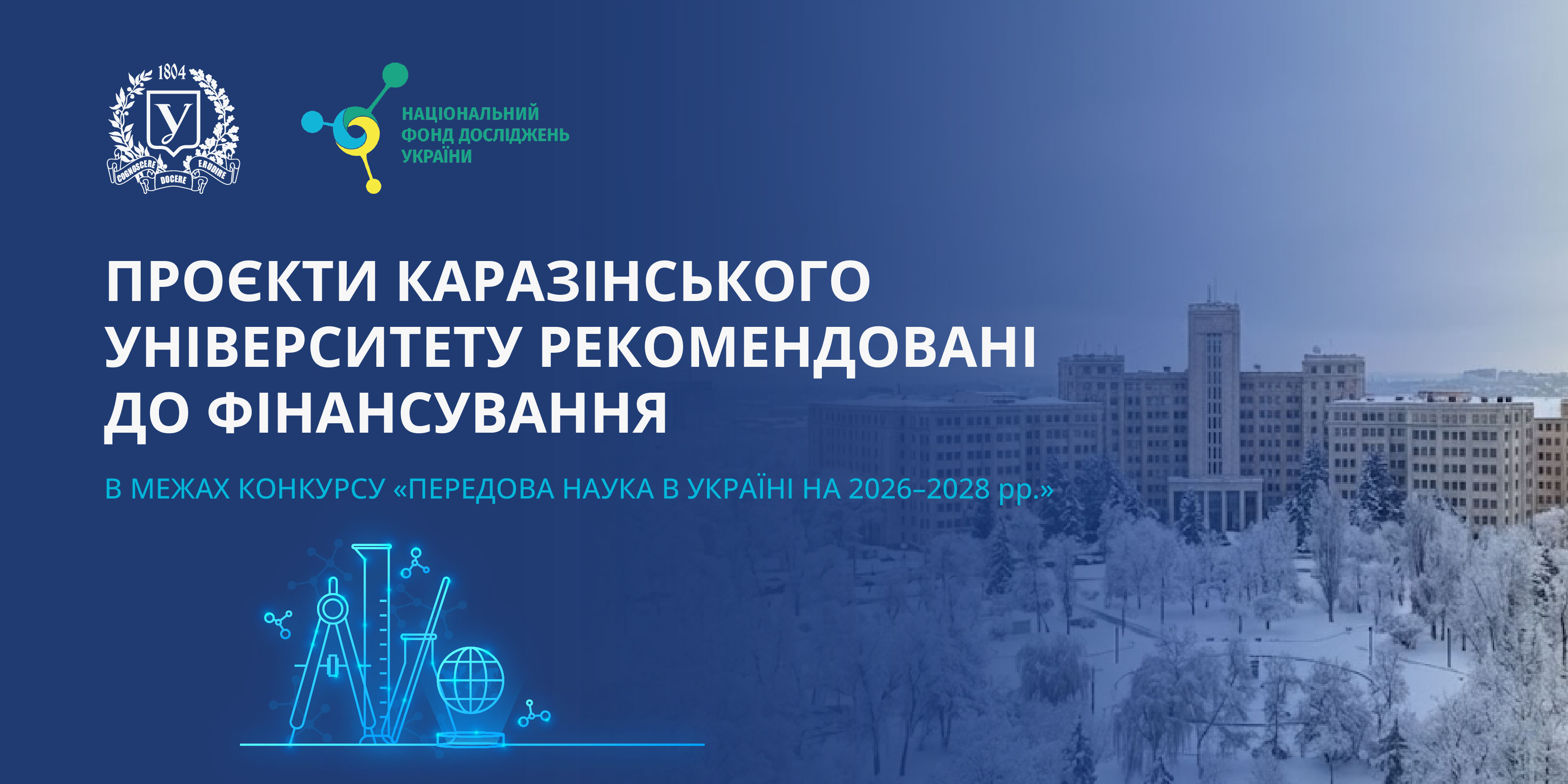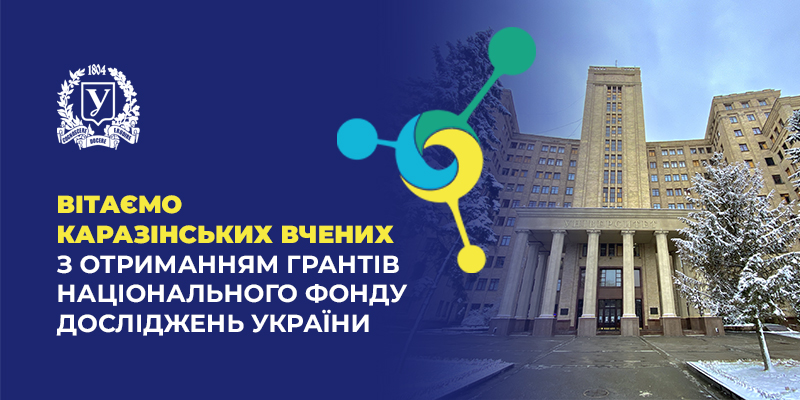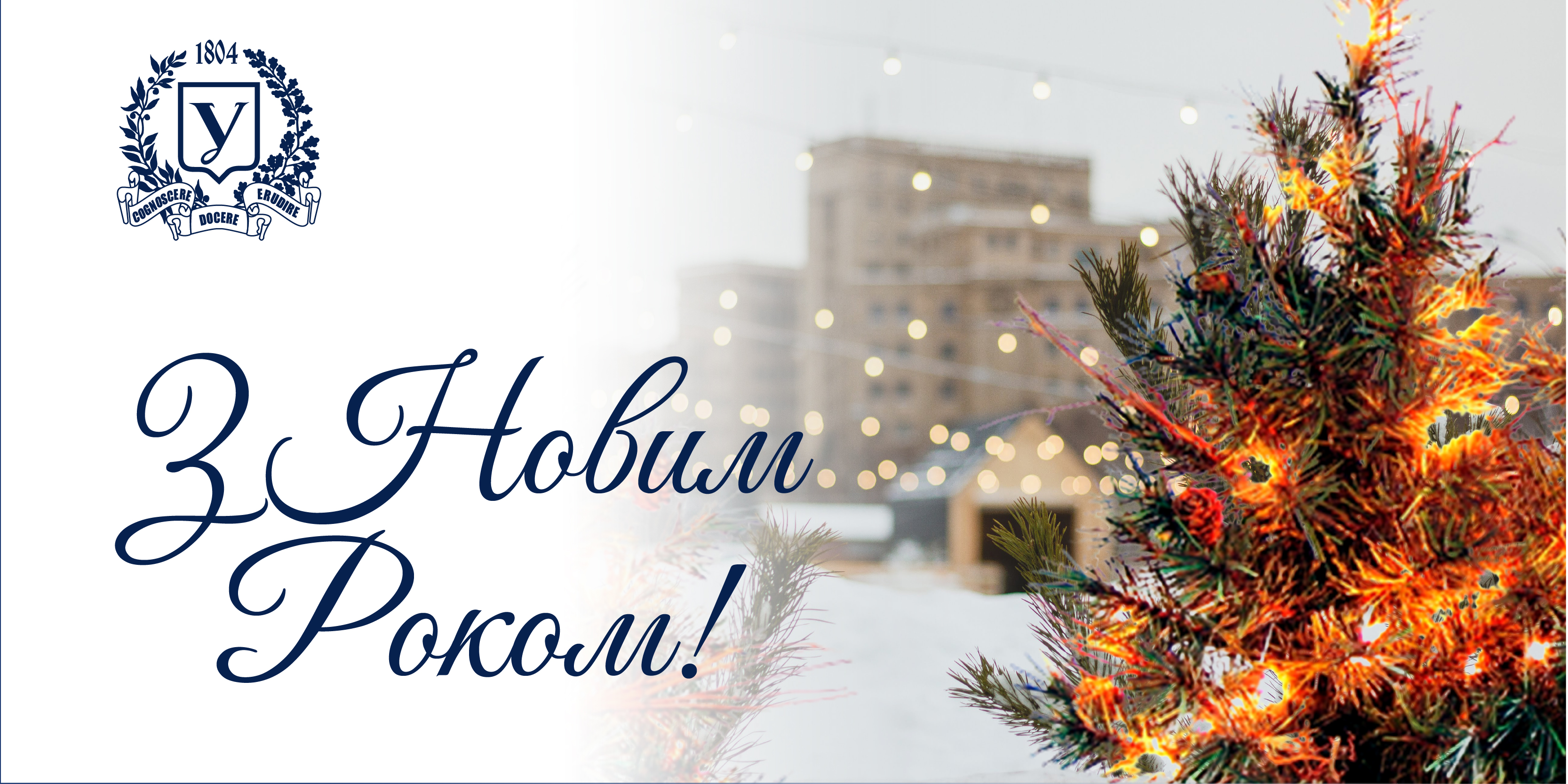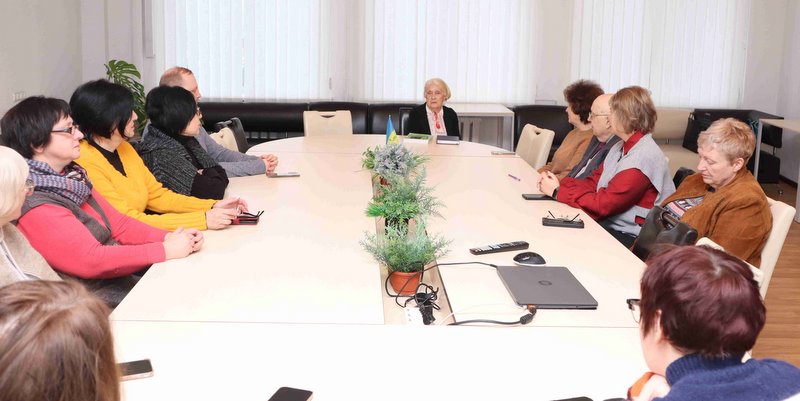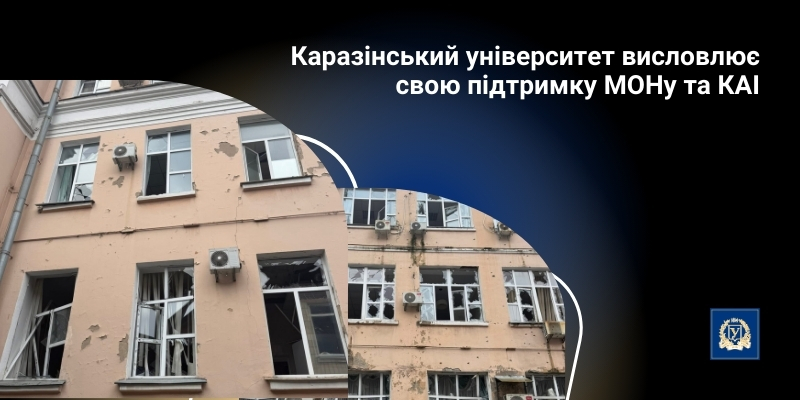Names of Historical Figures Associated with Karazin University that appeared on the map of Kharkiv in July 2024
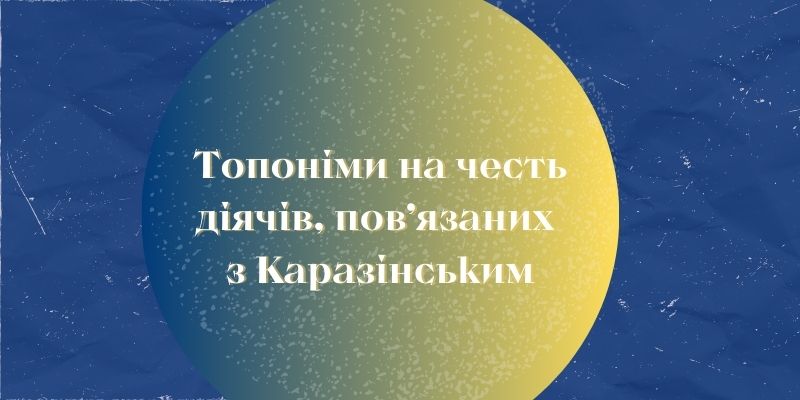
On July 26, an order was signed to rename 3 metro stations and 48 street and road network objects (streets, avenues, alleys, boulevards, etc.) in Kharkiv. The map of Kharkiv now features 15 toponyms in honor of figures associated with Karazin University!
Dmytro Antonovych Boulevard
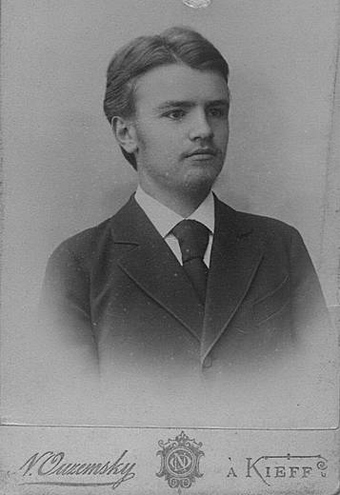
Dmytro Volodymyrovych Antonovych (1877–1945) — a state and public figure. Since 1897, he studied at the School of Medicine of Kharkiv University. He created the secret organization "Ukrainian Student Community" and the publishing house "Gurt" (Association) in Kharkiv. He was one of the founders of the Revolutionary Ukrainian Party (RUP) – the first political party in Dnieper Ukraine. In 1917, he became one of the co-founders of the Central Rada, where he was elected deputy chairman. From January to April 1918, he headed the Ministry of Maritime Affairs of the Ukrainian People's Republic. During the time of the Directorate, he was the Minister of Arts. From July 1918, he worked in diplomacy. In exile, he was one of the organizers of the Ukrainian Free University, its rector, and for a long time, the director of the Museum of the Liberation Struggle in Prague.
Levko Borovykovskyi Passage
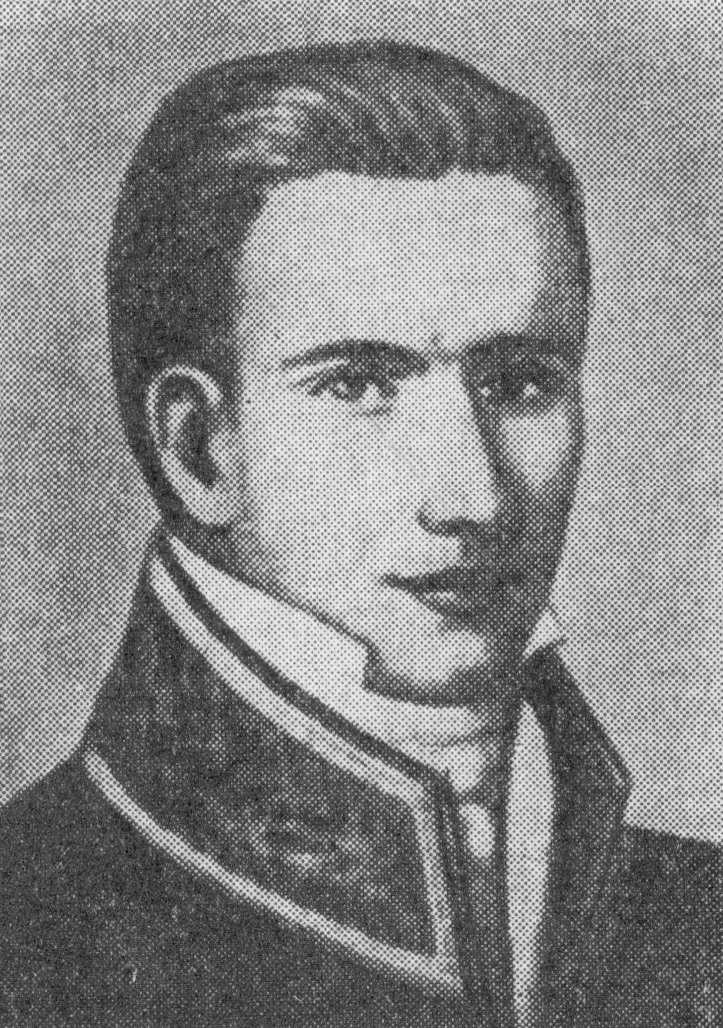
Levko Ivanovych Borovykovskyi (1806–1889) — a poet. He graduated from Kharkiv University (1830). He was part of the Kharkiv school of Romantic poets. He expanded the genre palette of Ukrainian poetry by introducing the literary song, ballad, and elegy. The works of L. I. Borovykovskyi played a significant role in the development of the realistic trend in 19th-century Ukrainian poetry.
Oleksandr Hurov Street
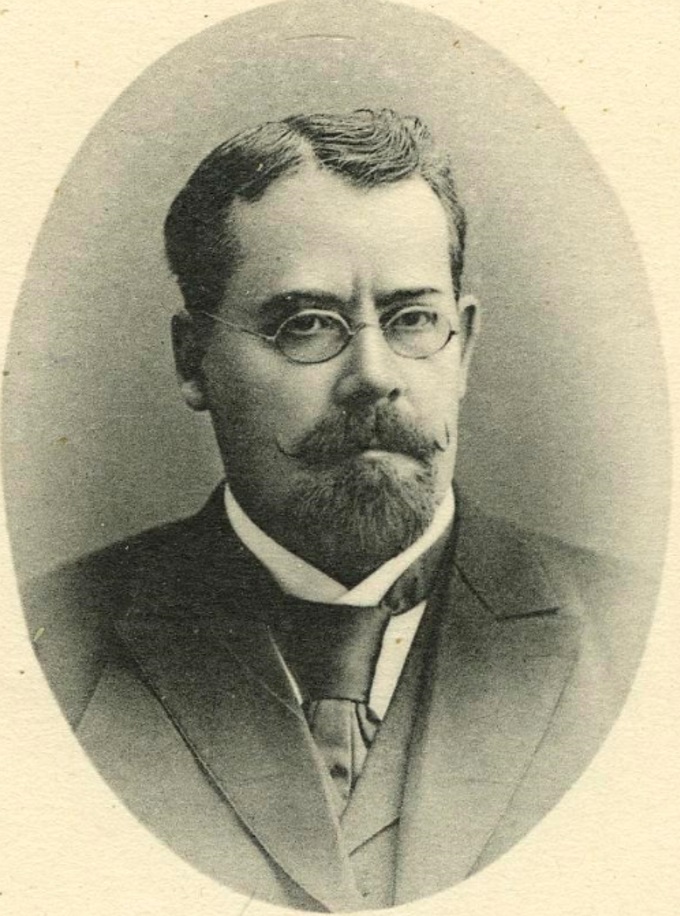
Oleksandr Vasylovych Hurov (1843–1921) — a geologist. He graduated from Kharkiv University (1867). Since then, he worked at Kharkiv University: from 1867–1872 and from 1881 as the supervisor of the geological cabinet, from 1883 as a private lecturer, from 1888 as an extraordinary professor, and from 1890 as an ordinary professor of geology. From 1867–1873, he conducted geological exploration in the Donbas region, and under his leadership, the first well drilled in 1875 in the city of Bakhmut discovered rock salt. In 1886, under his leadership, the first deep artesian well in the country was drilled in Kharkiv, which operated for several decades and provided the city with drinking water.
Maik Yohansen Street
%20(%D0%9C%D0%B8%D1%85%D0%B0%D0%B9%D0%BB%D0%BE%20%D0%93%D0%B5%D1%80%D0%B2%D0%B0%D1%81%D1%96%D0%B9%D0%BE%D0%B2%D0%B8%D1%87).jpg)
Mykhailo (Maik) Hryvasiiovych Yohansen (1895–1937) — a prose writer, poet, literary critic, linguist, journalist, and translator. He graduated from Kharkiv University in 1917 and later taught at the Kharkiv Institute of People's Education. He participated in drafting the Ukrainian orthography project (1928). He was one of the founders of the literary association VAPLITE. He authored eight collections of poetry and ten books of prose. He created the first adventure novel in Ukrainian literature.
Mykhailo Komarov Street
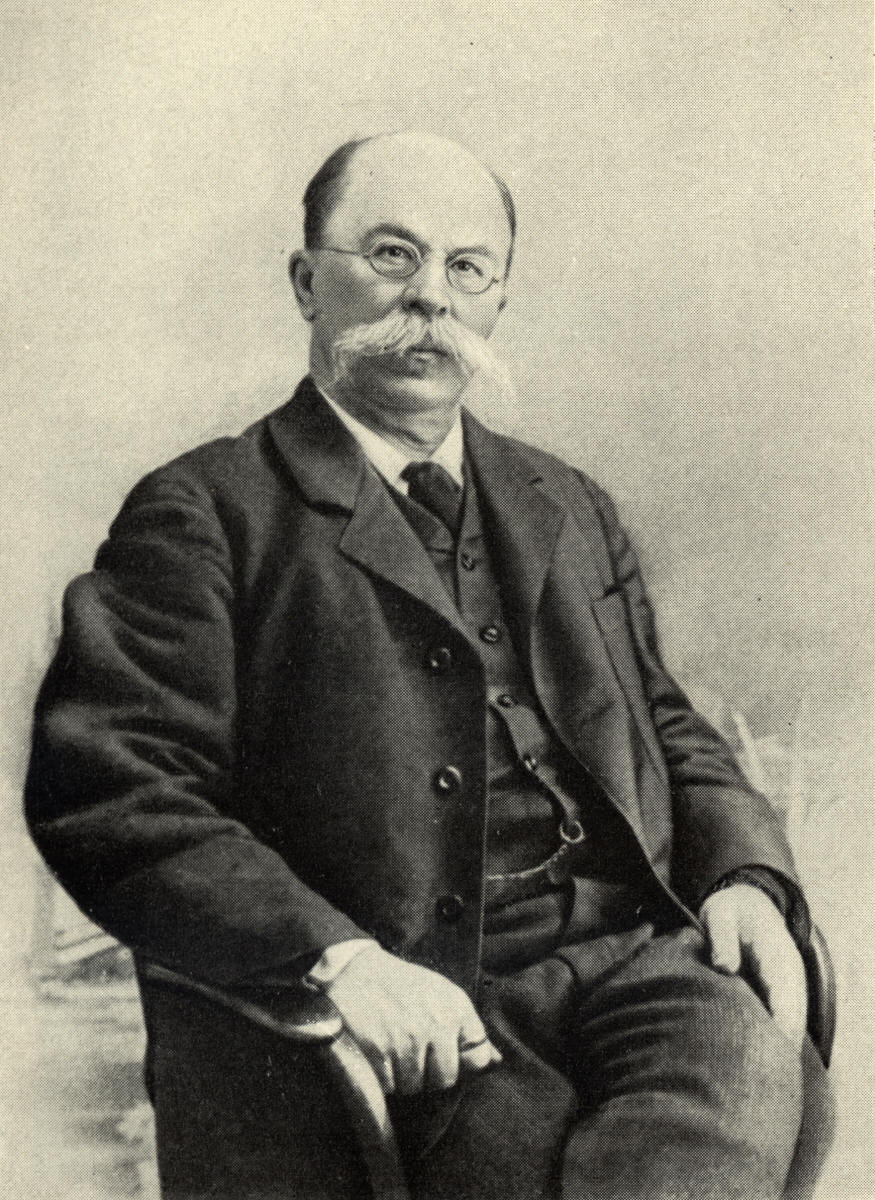
Mykhailo Fedorovych Komarov (1844–1913) — a prominent Ukrainian literary and public bibliographer. He graduated from the Faculty of Law at Kharkiv University (1867). He was actively involved in public and educational activities. He was an honorary member of the Prosvita Society (1901). He co-compiled the 4-volume "Russian-Ukrainian Dictionary" (published in Lviv in 1893–1898), whose publication made an invaluable contribution to the scientific development of the Ukrainian language. He was the first to compile a bibliography of Taras Shevchenko's works and literature about him (1903).
Ivan Lypa Passage
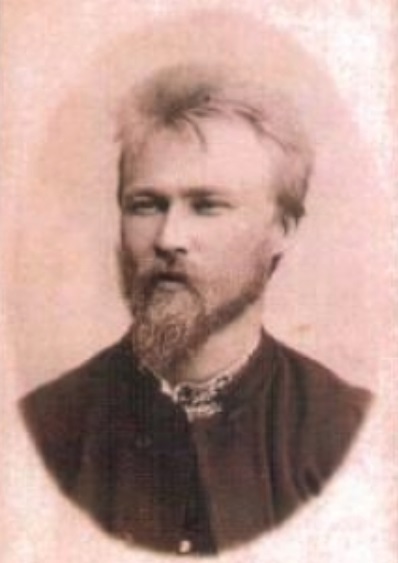
Ivan Lypa (1865–1923) — a public and political figure. He studied at Kharkiv University from 1888 to 1893. In 1891, he became one of the founders of the secret political organization "Brotherhood of Taras," aimed at the national liberation of the Ukrainian people. He worked as a doctor and was actively involved in public and political life. In 1919, he served as the Minister of Faiths in the government of the Ukrainian People's Republic (UPR). During the Directorate's stay in Kamianets-Podilskyi, he was the acting Minister of Faiths, Justice, and Health. For some time, he held the position of Minister of Health in the UPR government in exile.
Mykola Lysenko Street
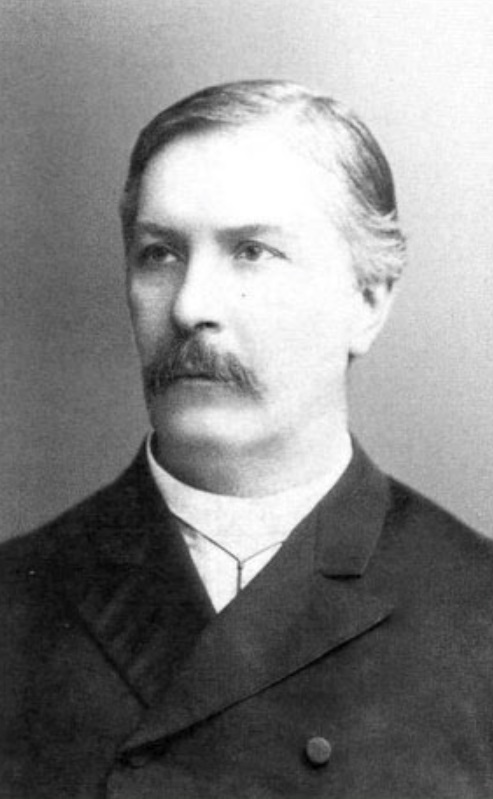
Mykola Vitaliyovych Lysenko (1842–1912) — a prominent Ukrainian composer. He studied at the School of Physics and Mathematics at Kharkiv University in 1858–1859. His operas "Christmas Night" (1883), "The Drowned Woman" (1885), and "Taras Bulba" (1924) premiered in Kharkiv. Lysenko's creative and public activities significantly influenced the development of Ukrainian culture. He is considered the founder of Ukrainian classical music. His music is used for "Prayer for Ukraine," the spiritual anthem of the Ukrainian people ("God, the Great, the One, save Ukraine for us…"). He was also instrumental in the development of music education in Ukraine.
Ihor Malytskyi Street
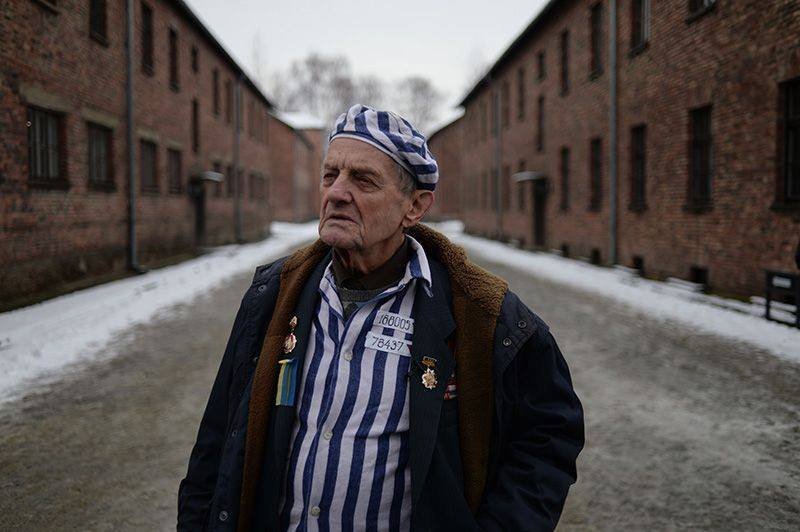
Ihor Fedorovych Malytskyi (1925–2021) — a scientist and public figure. He fought against Nazism and was a prisoner in four Nazi concentration camps. He worked at the Ukrainian Engineering Pedagogics Academy for 59 years, where he headed the Department of Mechanical Engineering Technology from 1979 to 1989. He was an honored educator of Ukraine and chaired the Kharkiv Regional Council of Anti-Nazi Resistance Fighters. With the onset of the Russian-Ukrainian war in 2014, he demonstrated active patriotism, supported Ukrainian defenders, and visited combat positions. He was an honorary citizen of Kharkiv (2017).
Volodymyr Pasichnyk Street
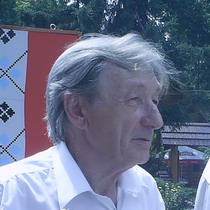
Volodymyr Mykhailovych Pasichnyk (1935–2013) — a public figure, educator, writer, and publicist. He graduated from Kharkiv State University (1993). He chaired the Kharkiv organization of the People's Movement of Ukraine for Restructuring and the People's Movement of Ukraine from 1990 to 2013. He initiated and organized the installation of the first cross in Ukraine to the victims of the Holodomor (1990), a memorial sign in honor of the Declaration of Sovereignty (1990), and a memorial sign for the Ukrainian Insurgent Army (1992) in Kharkiv.
Oleksandr Plitas Entrance
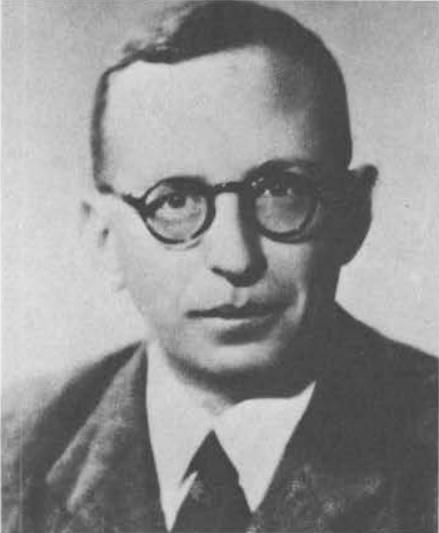
Oleksandr Savych Plitas (1896–1958) — a doctor and military figure. He studied at Kharkiv University until 1919. He served in the 4th Kyiv Division of the UNR Army and was the divisional doctor during the First Winter Campaign. He was awarded the Iron Cross. From 1923, he lived in exile.
Kovalevsky Family Street
.jpg)
The Kovalevsky family is a well-known Ukrainian Cossack-officer family dating back to the 17th century. Many of its members were born, lived, and studied in Kharkiv and the Kharkiv region. They participated in various charitable, educational, and scientific activities.
Some notable members include:
- Varvara Kovalevska — mother of V. N. Karazin, founder of Kharkiv University.
- Yegor Kovalevsky (1809–1868) — traveler and writer. He graduated from Kharkiv University (1828) and solved the thousand-year-old geographical mystery of the source of the Nile River. He was the first Ukrainian awarded the Egyptian order.
- Maksym Kovalevsky (1851–1916) — a jurist, sociologist, and public figure. He graduated from Kharkiv University (1872) and developed the theory of social development according to the basic sociological law of progress.
- Andrii Kovalevsky (1895–1969) — a historian. He graduated (1922) and later taught at Kharkiv University, headed the Department of Modern History, and then the Department of the Middle Ages. He knew more than 20 languages.
Serhiy Tymoshenko Street
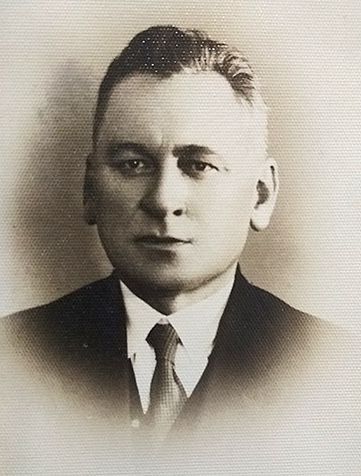
Serhiy Prokopovych Tymoshenko (1881–1950) — an architect and public-political figure. With the revolution of 1917, he became the provincial commissioner of Kharkiv and a member of the Central Rada. He chaired the Sloboda Ukrainian Rada (1917). From 1919 to 1920, he served as the Minister of Railways in the UPR governments and participated in the Second Winter Campaign. He designed several buildings in Kharkiv, including the current Economics Building of Karazin University.
Yosyp Tymchenko Lane
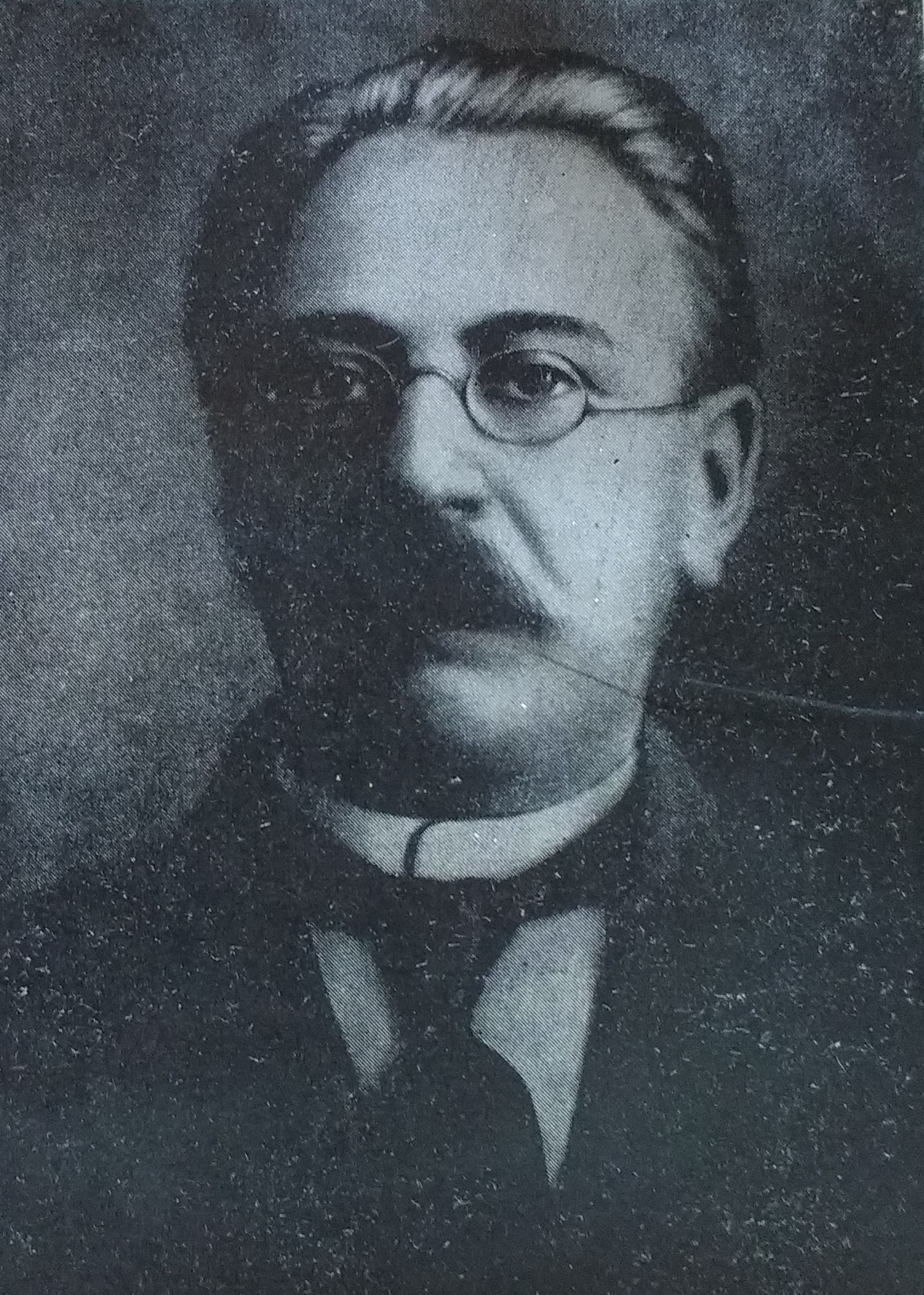
Yosyp Andriiovych Tymchenko (1852–1924) — a mechanic. He studied in the mechanical workshops of Kharkiv University. He invented various meteorological, physical, and astronomical instruments (pluviograph, anemorumbograph, writing mercury barometer, etc.), some of which won gold and silver medals at world exhibitions. He participated in creating the first model of an automatic telephone exchange and developed the "snail" mechanism, the principle of which became the basis for the kinetoscope, a prototype of the cinematographic apparatus.
Leonid Ushkalov Lane
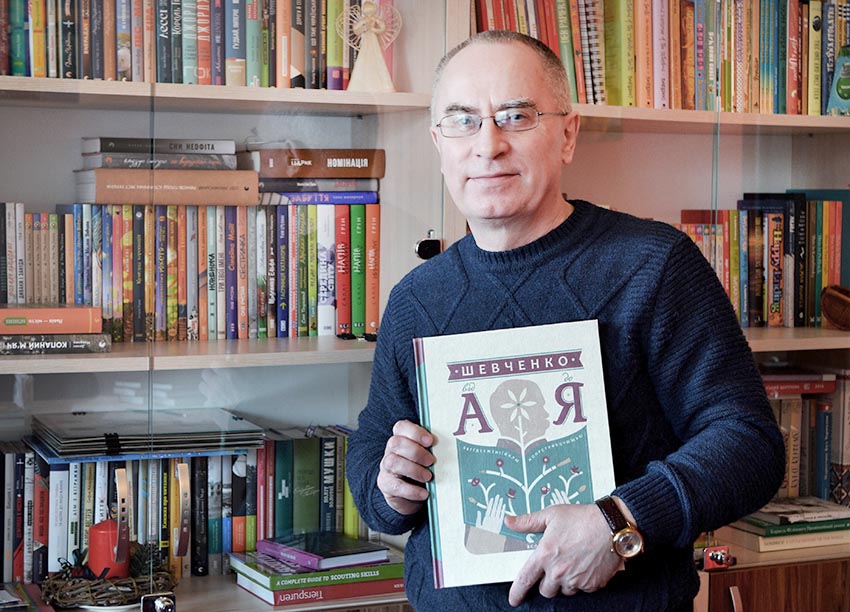
Leonid Volodymyrovych Ushkalov (1956–2019) — a literary critic. He graduated from Kharkiv University (1982) and became a Doctor of Philological Sciences and professor. He was a leading Ukrainian researcher of Hryhorii Skovoroda's life and work. He won the International Literary and Artistic Prize named after Hryhorii Skovoroda (2007) and the Ivan Franko Prize of the National Academy of Sciences of Ukraine for his work "Hryhorii Skovoroda. Complete Academic Collection of Works" (2010).
Olena Yakuba Street
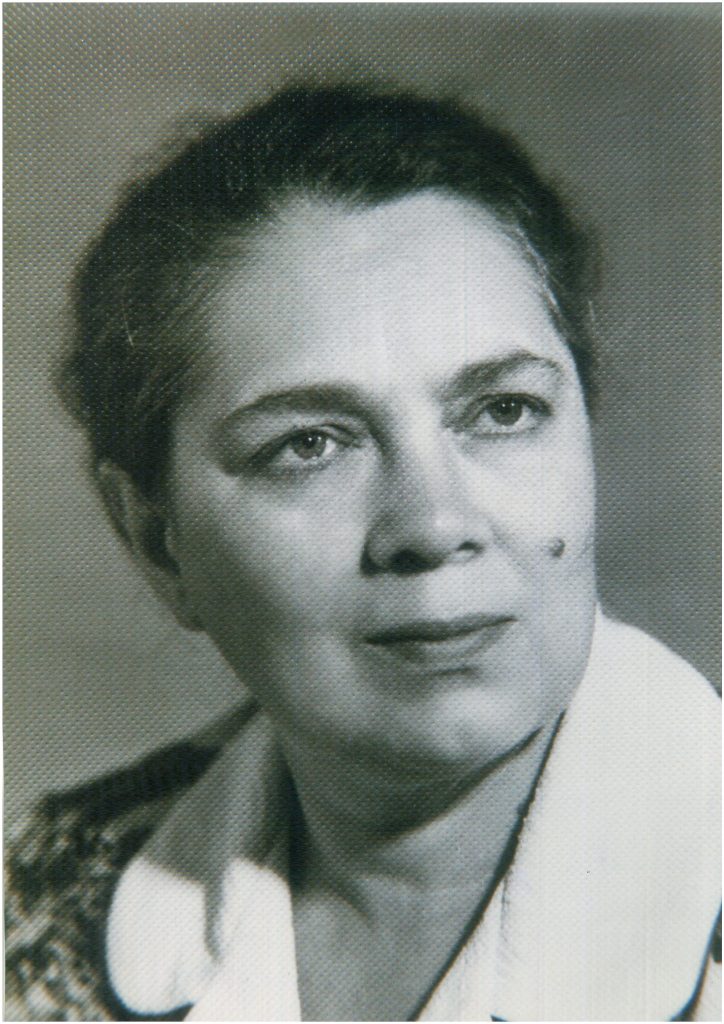
Olena Oleksandrivna Yakuba (1929–2002) — a sociologist and philosopher. From 1955, she worked at Kharkiv University, where, thanks to her efforts, one of the first sociological laboratories in the country was opened in 1963, the first department of sociology in Ukraine in 1980, and the first specialized Faculty of Sociology in Ukraine in 1990. She was a Doctor of Philosophical Sciences, professor, and head of the Department of Sociology. She was an academician of the International Academy of Higher Education Sciences and an honored professor of V. N. Karazin Kharkiv National University. She made an invaluable contribution to the development of Ukrainian sociology in education and science, theory, and practice.




.png)

